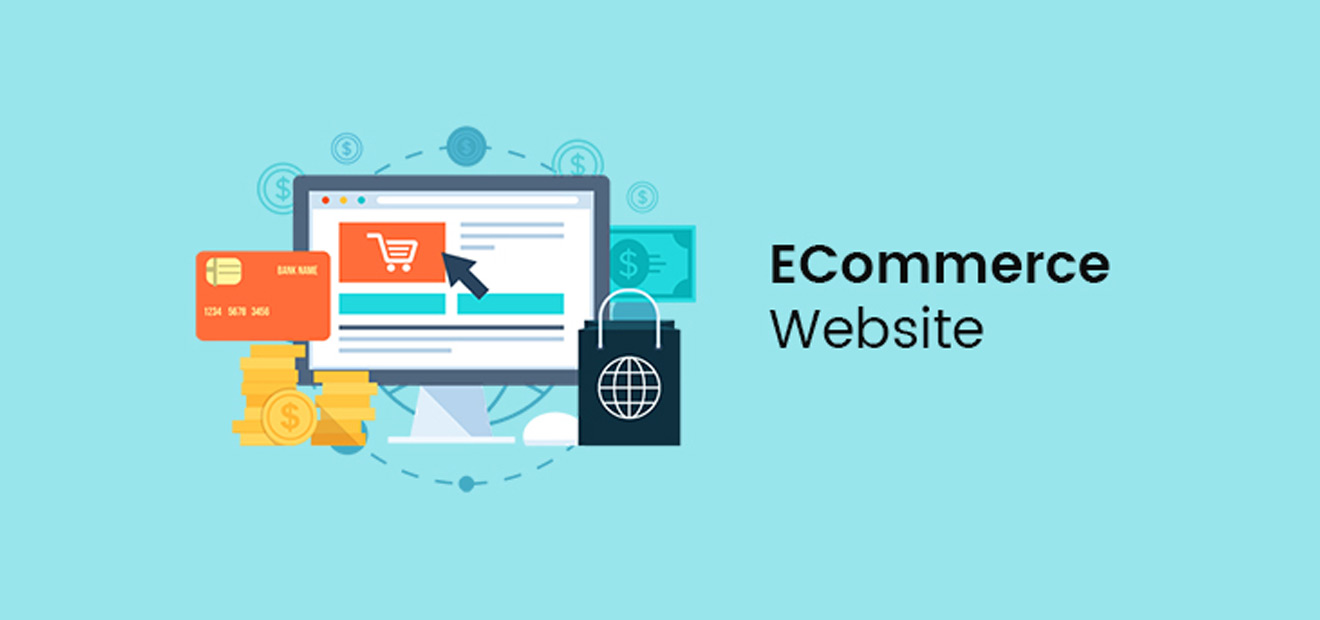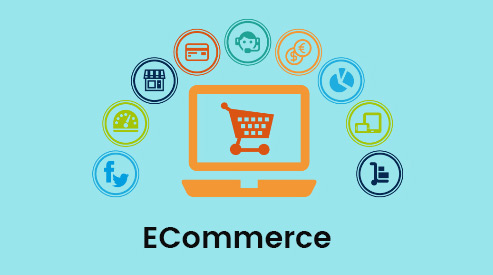 eCommerce
eCommerceeCommerce business is expected to rise above $100 billion USD in 2020; to start an eCommerce website you need not own a physical store – by building a partnership with different product vendors, you can simply start a business without an investment. An online store has no geographical limits – you can sell anywhere across the globe; any registered user can surf and buy your products in less than a minute. It can save your operational cost, make website maintenance easier, sell your products 24/7, and help the customers to purchase from different product vendors.

To invest in an eCommerce store, you need a hosting platform which can be purchased from third-party hosting providers or you can get a free domain from WordPress. But it is recommended to invest in right hosting provider which can help you in payment gateway integration, building a mobile responsive website, logistics, customer service and technical support.
There are numerous reliable payment gateway APIs available on the Internet — you can choose the best gateway based on your business requirement. Some of the available gateways are — self-hosted PayPal, PayUmoney, non-hosted gateways like Authorize.NET and gateways with local bank integration. Along with online payment option, you can also include cash purchase – as many people prefer direct payment than an online transaction.
Search engine optimization is an important factor to be considered while setting up an online eCommerce store – SEO helps in increasing the search engine ranking position of your website, improves the site visitors and drive conversions. SEO is an iterative process which can provide lasting results to your online store and expand your business reach.
Integrate social media websites such as Facebook, Twitter, Google Plus, among others in the eCommerce store to facilitate users to share your products on their social media profile. Social media marketing helps to create brand awareness, expand customer base, and increase sales.
Shipping plays a major role in your eCommerce success. There are four types of shipping strategy that you can apply in your eCommerce store.
If you are new to eCommerce business, you may have small sales volume where the shipping can be effectively handled by FedEx, Blue Dart or UPS. When the business grows, you need to choose a multi-vendor shipping solution to send your deliveries faster. To enable the shipping services on your eCommerce website, include the shipping API in the website source code to allow the customers to choose the shipping services.
An online eCommerce store should have buyer policies to create understanding and build customer loyalty. Here are some of the following terms and conditions should be included in the eCommerce store:
Building an eCommerce website is not a one day process – an effective consultation from expert eCommerce developer will help you in choosing the right hosting provider and CMS platform for building your eCommerce website.
First Name *
Last Name *
Organization
Email Address *
Phone *
Message or Project Description